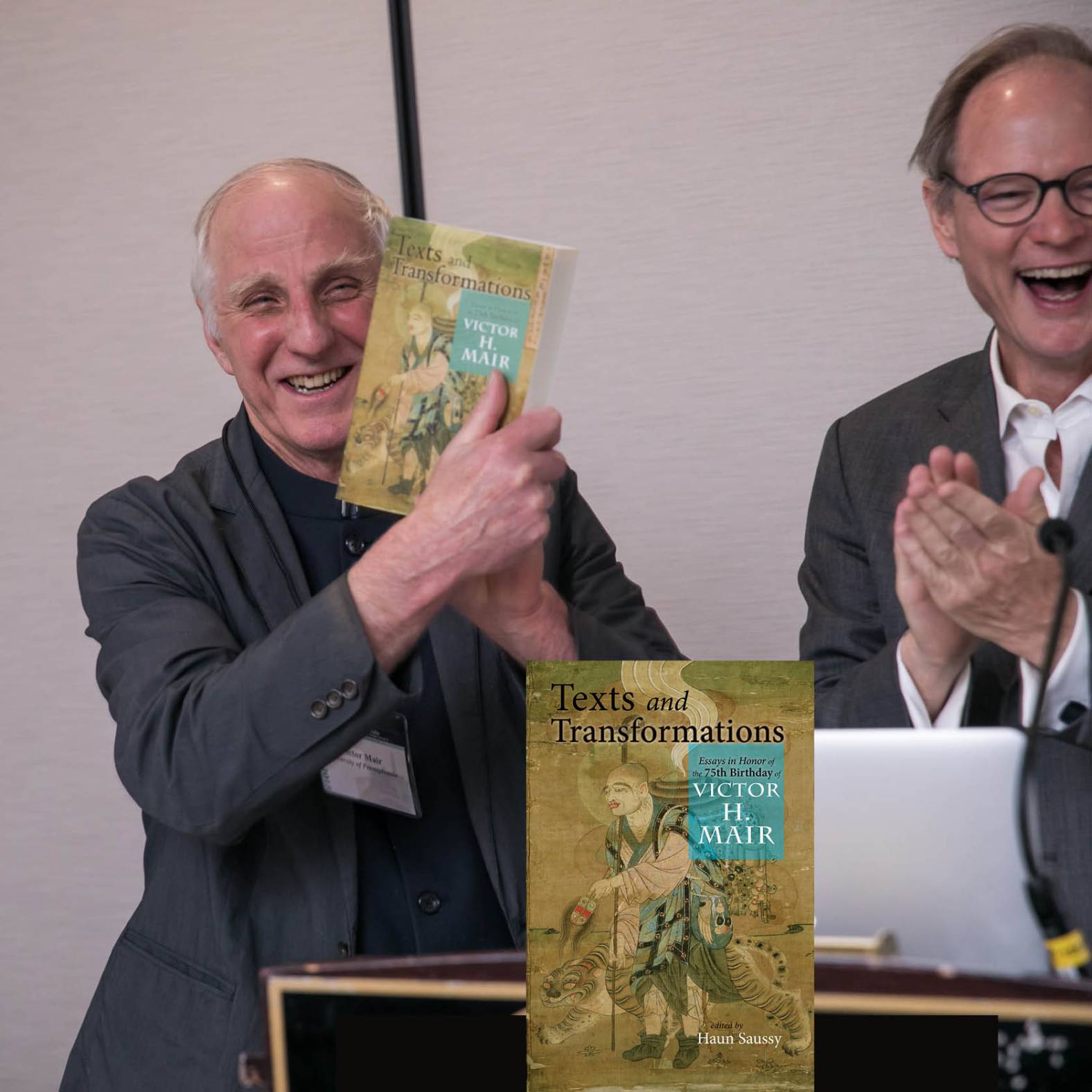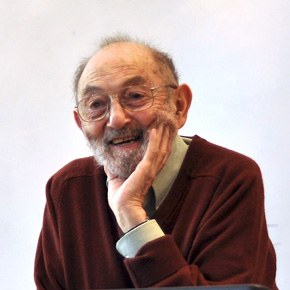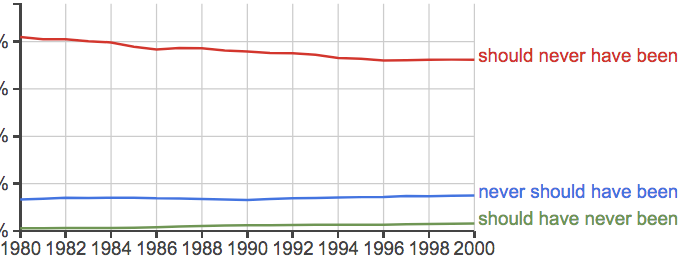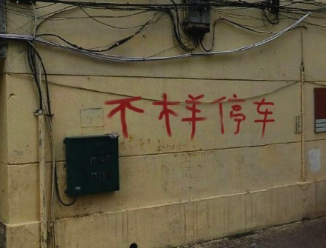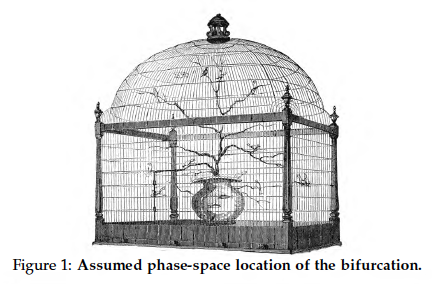(Not) hardly working
From David Denison — Hard working ISA [contrasted with] not hardly working ISA:
David's comment:
This is an ad for an ISA (Individual Savings Account – tax-free for UK taxpayers), pushing the advertiser's Stocks & Shares offering against some other ISA that (presumably) merely pays interest. For me, not and hardly are alternatives before an -ing and incompatible with each other in the sense intended ('hardly at all'), though it's easy enough to find other web examples like it, as well as examples in COCA etc. where not hardly means 'hardly at all'.
Read the rest of this entry »


